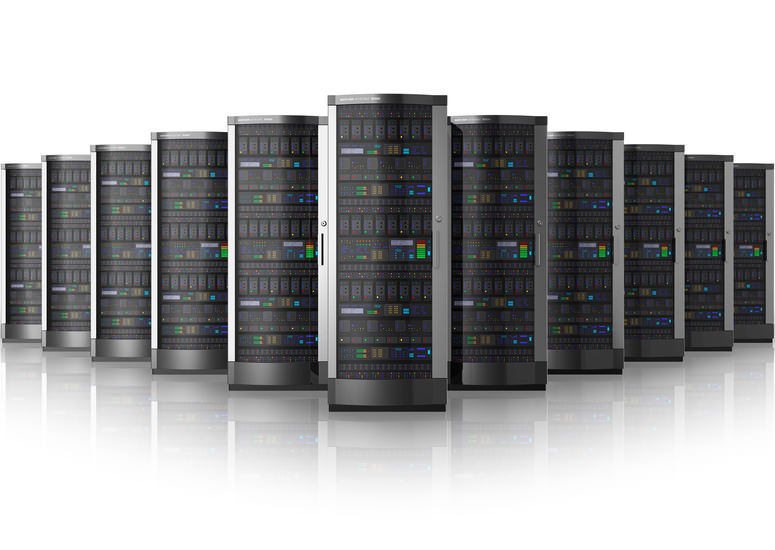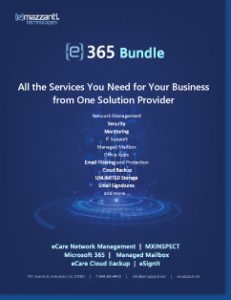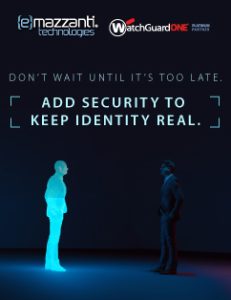used with permission from IBM
by Nick Rojas, Independent Consultant
Big data is one of the biggest business buzzwords of the past five years. The emergent industry is rife with potential and media is enthusiastic about the economic promise of the nascent technology. The conversation includes great speculation about the possibilities of this exciting new field, but one aspect is conspicuously absent from most reporting: the possibilities that big data holds for small and medium-sized enterprises (SMEs).
A common perception is that big data might be too big for most small businesses because it requires massive processing power from those who seek to harness it. Collecting the data is a huge task, and actually crunching the numbers and doing the analysis is another beast entirely. For this reason, most of the discussion of big data has been with respect to the possibilities it holds for large corporations with deep pockets and vast personnel resources.
However, it’s becoming increasingly obvious that this is not always the case. Processing power is cheaper and more widely available than ever, and more and more tools are being developed to help small and medium-sized businesses leverage big data to work for them. No longer are small businesses limited to relatively simple online tools like business name generators. You no longer need a statistician on staff, or even on retainer to take advantage of it. Let’s examine some of the ways that big data can be implemented even in businesses with extremely limited resources.
Medium-sized businesses are also primed to take advantage of the opportunities offered by big data. Many medium-sized businesses, particularly those who have recently expanded to multiple locations, find themselves in a bit of an uncomfortable bind. On the one hand, operations are now so extensive that they are impossible for one person to effectively supervise and manage. This is great—it means that your business is growing. However, this also creates blind spots. You simply can’t be everywhere at once.
Enter big data. Roambi is a tool that collates data from multiple business locations, allowing a regional manager to analyze and understand the data holistically. A restaurant chain in Dallas, Texas recently used Roambi to link their managers’ pay to the performance of each manager’s restaurant, and even allowed them to reduce labor costs by 10 percent—not an insignificant sum for an expanding business.
Another example from the restaurant industry provides additional insight. Food Genius is a B2B startup focused on using big data to tackle the complicated and fickle world of food trends. It’s their job to track changes made to restaurant menus all over the country in order to see the next “gluten–free” trend on the horizon and notify their clients in time to make menu adjustments and stay ahead of the curve. Food Genius’s algorithms are especially suited to providing trend information on the local scale, allowing small businesses to pay close attention to the markets they serve.
Though big data has long been thought to be the domain of large-scale enterprises, more and more this perception is proving to be false. Instead, like many sophisticated digital processes, as computer processing power becomes less expensive, these once-exclusive tools will become more and more accessible to smaller businesses. Increasingly, even small operations will be able to make use of big data’s big promises.













